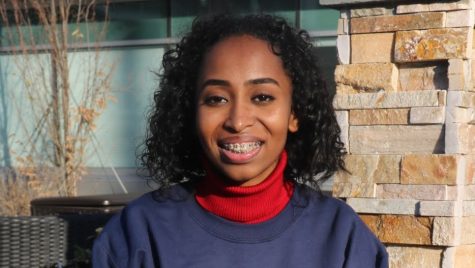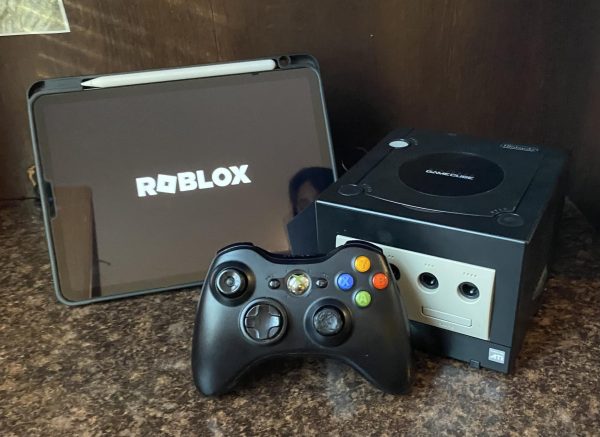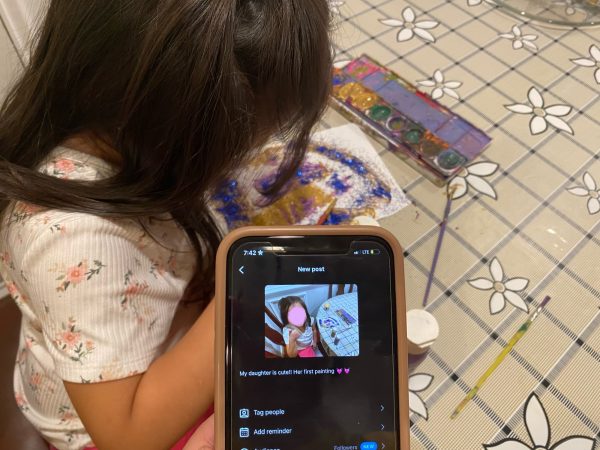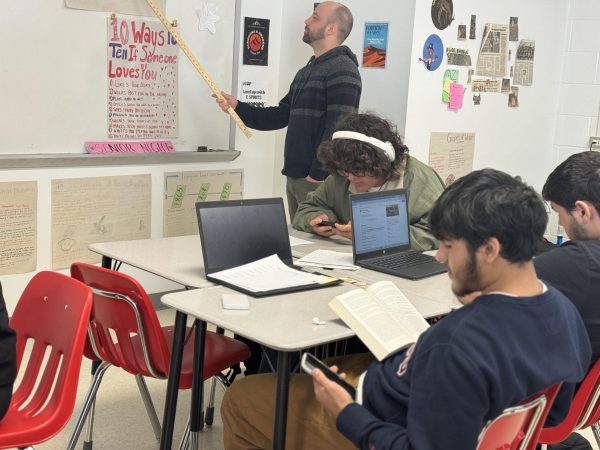Survey show opinions on sex
Most students agree that clinics should give out condoms
In television and movies, the perpetuated view of high school is the place where students meet for hookups, fester relationships and develop teen romances.
The reality is that high school may be the opposite.
A survey given out on April 7 during Pride Time, asking 214 students about their beliefs, source of sexual knowledge and their own lives, found that only 28 percent of students at Annandale have had sexual intercourse. The national average is approximated at 40 percent.
Although Annandale is under the bar in sexual intercourse, it is very open to liberal and new ideas of sex that were not accepted before, including abstinence.
The survey concluded that 64 percent of Annandale students believed that people can have sex before they are married. While only 22 percent believed that abstinence should still be continued.
Which is why it is not surprising to find that 59 percent of students believe that the clinic should offer condoms.
“Considering they teach us the importance of being safe, I think being able to get condoms from the school nurse would further promote that lesson,” junior Eliana Rivas said.
In recent years, the American Academy of Pediatrics, representing over 60,000 pediatricians across the country, is encouraging schools to make “sexual health resources” such as condoms more accessible.
Although teen pregnancy rates are going down, the United States still holds the highest rate of sexually transmitted infections (STIs), which many of those infected are young teens.
Despite the belief by the AAP, some students are unsure this will do good.
“Getting condoms is something you should do alone. And making that decision is quite personal,” senior Kerim Idris said, “That’s kind of a personal thing and whether you should decide or not to get any.”
Students were found to believe that their education in sex ed to be sufficient by FCPS. About 59 percent of students think that their experience learning it to be just right. However, the rising 32 percent of students believed that it could be improved.
Virginia does not require sexual education, but also does not require sexual education to be accurate.
Despite their support with the system, students could be getting information that is inaccurate.
According to the survey, students are trusting another unreliable source, the internet.
Thirty-six percent of the students first go to the internet when they have questions about sex. Twenty-six percent of males found out about sex online, while only eight percent of girls first learned about sex online.
Students also relied a lot on their friends when asking questions about sex. A total of 67 percent of students would rather go to the internet or their friends than go to a trusted sources such as a doctor or a parent.
“It’s awkward to talk to my parents about sex because I am not very open about personal things like that,” sophomore Valeria Salinas said.
Additionally, this is not surprising why the rates of “the talk”, is declining, especially among boys.
Only 35 percent of boys have had the talk with their parents, while 50 percent of girls have.
“The talk” is such a ritualized and known tradition because of it use in media and television shows.
This is why it is important to step back and realize that the media does not show the realities of teens. The spectrum of the views are very large, and could not be anymore different than what is portrayed.

Senior Aseal Saed is currently the Co-Editor in Chief of The A-Blast. This is her fourth year on staff. Her previous positions were as In-Depth Editor...






